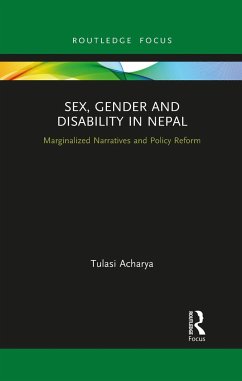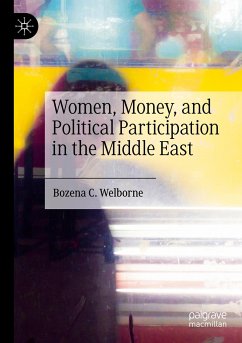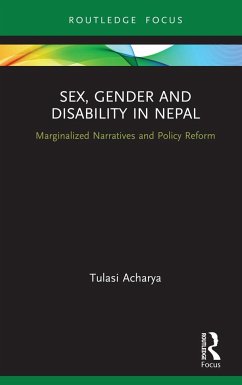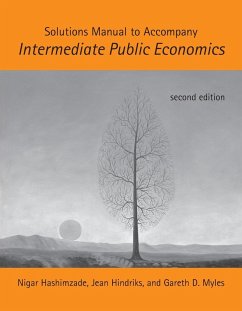
Law, Economics, Sex, Money, Drink
Christian Youth Revolution MovementNo. 01, Vol. 01, October 2020
Versandkostenfrei!
Versandfertig in 1-2 Wochen
28,99 €
inkl. MwSt.

PAYBACK Punkte
14 °P sammeln!
The Decentralized Territorial Entities were created by the constitution of February 18, 2008 and organized by the organic law n°08/016; they are the City, the Commune, the Sector and the Chiefdom. Their heritage includes a public and a private domain. But how to know that a particular property of the entity is in its public or private domain? How can they be distinguished from the property of the State, other public persons and private individuals? This is what legitimizes the clear and unambiguous drawing up of lists showing the situation of each property. The legislator would do better to s...
The Decentralized Territorial Entities were created by the constitution of February 18, 2008 and organized by the organic law n°08/016; they are the City, the Commune, the Sector and the Chiefdom. Their heritage includes a public and a private domain. But how to know that a particular property of the entity is in its public or private domain? How can they be distinguished from the property of the State, other public persons and private individuals? This is what legitimizes the clear and unambiguous drawing up of lists showing the situation of each property. The legislator would do better to specify, in addition to the content of the public or private domains of the entities' property, the rules relating to their modality of proof in order to ensure their legal security.












